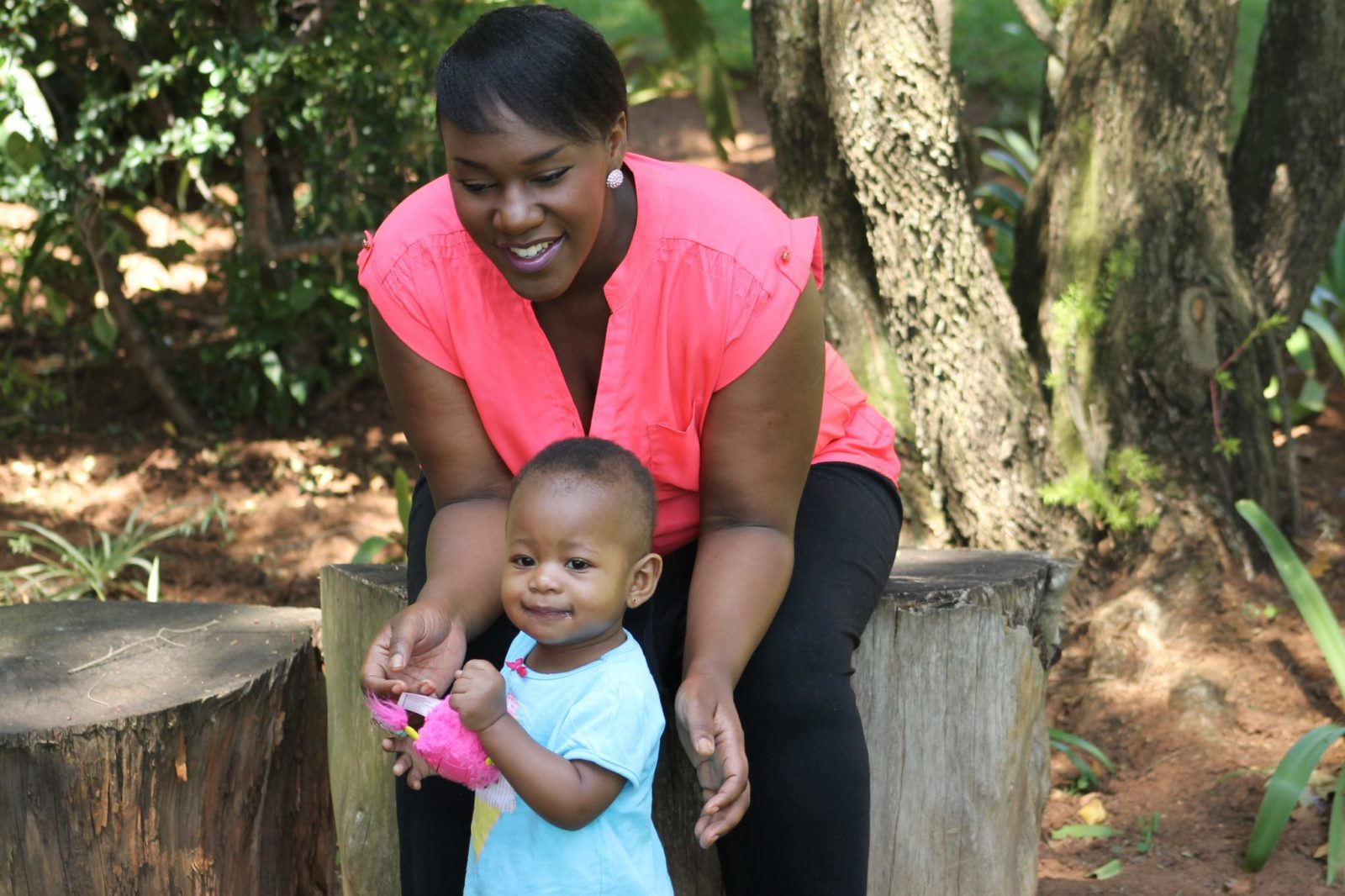Alegion of precocious iPad-toting mini Steve Jobses sit in a circle on the carpet at Little Ashford Preschool (LAP), in Johannesburg. This is South Africa’s first iPad preschool. It is the brainchild of educationalist and parent Jena Mukina. The woman from the Democratic Republic of Congo has a Master’s in business management from the University of Johannesburg. Her thesis tackled the impact of communication, technology and social media on children’s decision-making processes, so LAP is right up her street.
Thirty-year-old Mukina has led the introduction of cutting-edge technology into the classroom, with the establishment of LAP 2009 in Saxonwold, Johannesburg. Today, the city is home to three such learning institutions. She aims to transform the learning environment through innovation – not only within the pre-school environment but also in higher education.

Mukina, also a full-time lecturer at her alma mater, was awarded a ‘best lecturer’ and ‘most innovative lecturer’ award in the faculty of management sciences. She struggled to find a preschool for her eldest daughter that met her expectations. At work at the time, her biggest challenge was to encourage her university students to think out of the box. She discovered that the issue was rooted in their foundational education and that the first eight years of a child’s life are the most vital for their future development. Fearing the same fate for her daughter, the hands-on mother began teaching her daughter and the neighbors’ children from home, before she lectured in the afternoon. Her class grew until she could no longer accommodate the children arriving each morning. It was then that Mukina traded the lectern for the ledger and became a business owner.
Being a mother of two has helped her learn to multitask and prioritize duties in her business, That means play time is play time, work time is work time and of course holiday time means no interviews for FORBES WOMAN AFRICA, she teases.
Loading...
Educationalist Sir Ken Robinson dispels the myth that intelligence can only be measured through the one-dimensional lens of academia. Physical and emotional intelligence are equally important in the spectrum of human competency. Mukina’s preschool belongs to a new tradition that follows this philosophy. It was initially modeled on Les Biboux, a progressive preschool in Brussels, Belgium. LAP has since come into its own by using Montessori best practice to nurture creativity, self-expression, individuality and confidence-building in children, in a playful environment. The curriculum encourages problem-solving and skills development. The preschool’s director, Marli Hoffman, stresses the importance of balance in the curriculum.
“The iPad is used in addition to, not in place of traditional learning. The children learn by doing,” she says.
The teachers also use the iPads to communicate with the youngsters’ parents, and even take photographs of the learners during the school day.
“All our communication happens via email, so parents have an idea of what their kids do on a daily basis,” says Hoffman.
Understandably, the question of costs is not far from the minds of prospective parents. The school subsidizes the cost of the iPad if it is bought from them. Parents agree that they get value for their money, especially when five-year-old Hlumisa begins teaching the other children at the park about the life cycle of the frog.
These upstart preschools are challenging their well-established competitors that act as gatekeepers into Johannesburg’s best primary schools. But realizing the dream of a world-class preschool has its downsides. As a small business with nearly 180 toddlers to run after and an annual turnover of around R9 million ($825,000), finance and HR have been bugbears.

Mukina has ambitions to expand across South Africa, especially into Angola and Malawi, but the sensitive nature of early childcare means expansion is slow.
In her sights is a doctorate in education. It will help her influence policy changes to improve the state of education on the continent, where enrolment remains low and quality education is scarce. According to UNESCO, less than 12% of African children have access to early childhood care and education (ECCE), and 43 million school-aged children find themselves outside the formal education system in Sub-Saharan Africa.
“Early education is an essential, if we are going to have a better education system,” she says.
Slowly but surely, African governments have begun to step up efforts to ensure that more children enroll in pre-primary schools. For Mukina the question remains how to expand quality educational services so that they are not confined to pockets of Africa’s biggest cities.
If Mukina’s ambitions are anything to go by, we have reason to be optimistic about the future of Africa’s youth.
Loading...
